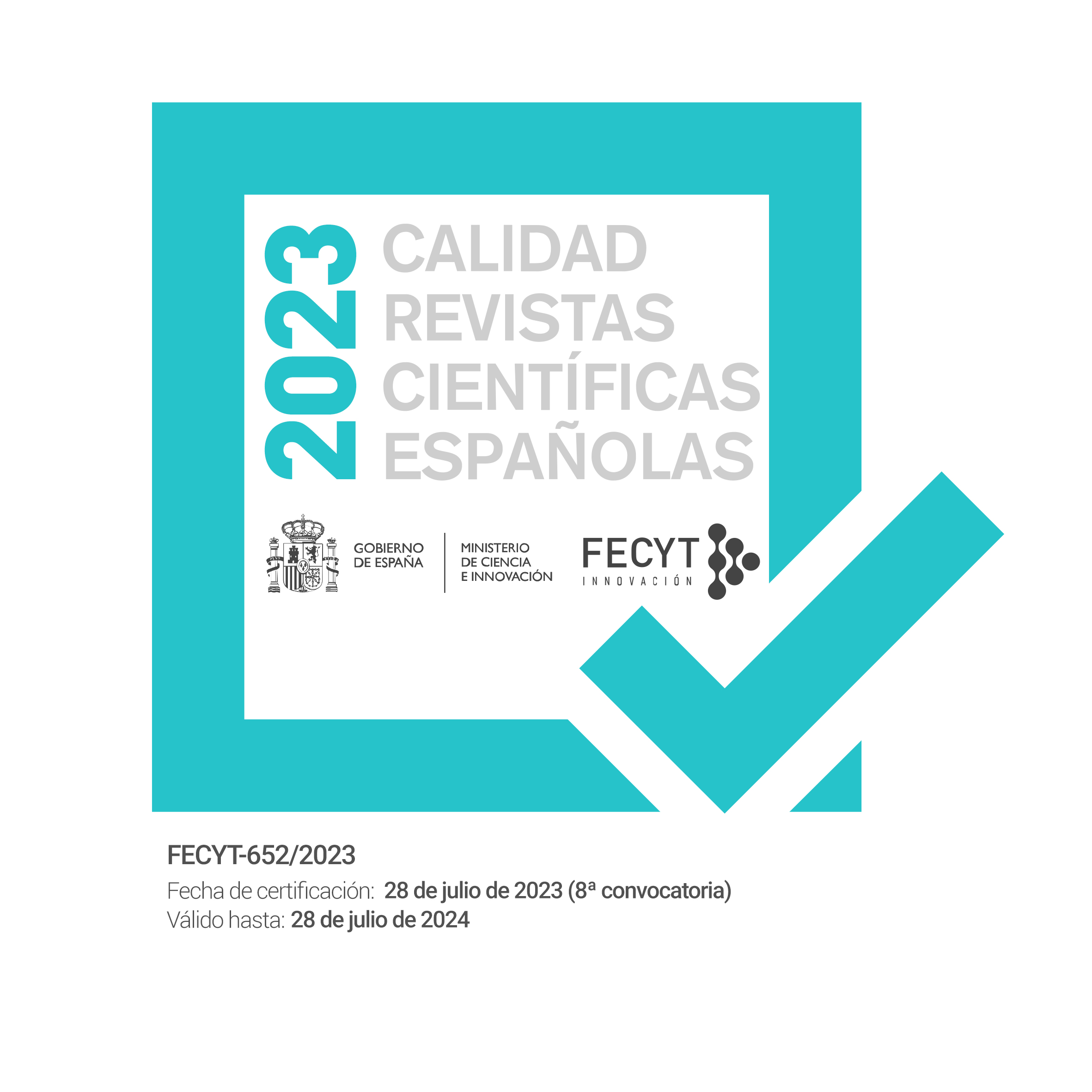Languaje experience and the representation of phonology in a unknown languaje
Keywords:
speech perception, language identification, language discrimination, language understanding, phonological representationAbstract
Adult listeners can identify spoken samples of a language unknown to them and to discriminate among languages even when produced by the same talker. Listeners attend to rhythm, pitch excursions, and segmental properties. This study examines the effects of previous language experience on the ability to arrive at simple phonological representations. There were three groups of listeners: 17 American students in third year Spanish, 17 American students in third year German, and 20 monolingual American students. All listeners watched a brief Japanese cartoon. Then they heard a test recording containing samples of five foreign languages. For each sample, they had to decide whether the language was Japanese or not. Although none of the listeners had specific experience with the target language, they approached the task of representing novel phonology in ways which may have been influenced by their experience with the sound patterns of other languages.Downloads
Published
Issue
Section
License
Copyright (c) 2021 Emilia Alonso Marks, Zinny S. Bond, Stockmal Verma

This work is licensed under a Creative Commons Attribution-NonCommercial 4.0 International License.
Attribution - Non-commercial (CC BY-NC). Under this license the user can copy, distribute and publicly display the work and can create derivative works as long as these new creations acknowledge the authorship of the original work and are not used commercially.
Authors retain the copyright and full publishing rights without restrictions.








